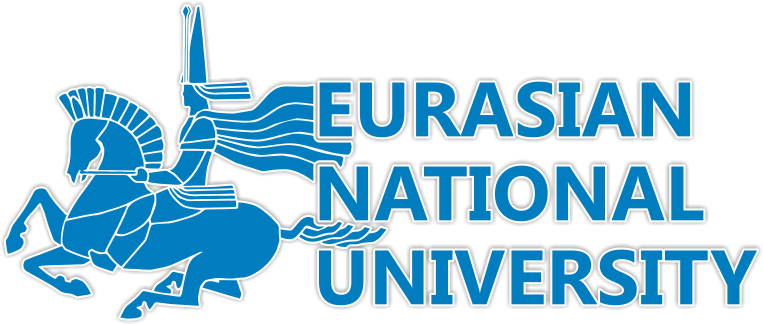On October 28, 2021, a meeting was organized with members of the Academic Committee of the Faculty of International Relations, head of the department of educational programs and methodological work of the Department of Academic Affairs of our university, Kuangalieva Tursynzade Kuangalievna. During her speech, Tursynzada Kuangalievna explained about the atlas of new specialties, about the requirements for it.
She noted that it is very appropriate to organize this large-scale event, noting that by December it is necessary to prepare educational programs for the 2022 academic year, develop new educational programs or update existing ones. She noted that the Academic Committee of the Faculty is mainly engaged in the preparation, updating and examination of educational programs.
She noted that the Academic Committee includes qualified scientists, teachers and programmers.
She explained that in accordance with the ESG standard, each educational institution should have its own procedure for preparing and approving the TS, first of all, to determine the learning outcomes. When determining the results, taking into account the views of stakeholders, employers, she emphasized the need to rely on descriptors, professional standards, the necessary competencies of the NQF, ORK.
She recalled that when preparing an EP, it is necessary to adhere to certain principles, including developing a competency model, that is, to determine what professional competencies the employer needs.
Highlighting the need to review the entire atlas of emerging specialties, she stressed that we need to be able to communicate with cross-industry points and suggest opportunities in our specialty, not to mention that the department does not have an industry-related point. She also analyzes if we can prepare additional EP.
During the preparation of the EP, she analyzed the labor market and proved that the Atlas of New Professions will help us with this. Having identified the necessary skills and specialties in the labor market, she drew attention to the need to assess the adequacy of the competencies and potential of our department. If it is found in the atlas that the department has no specialties, we need to use platforms such as hh.kz, enbek.kz, job.kz, linkedin.com, Courser.org to determine the required specialties and create a database. She explained the possibility of finding answers to the question "What specialties are needed in which region?"
After identifying the needs, functions and learning outcomes, it is necessary to determine how these outcomes will be achieved. For this, she established intersectoral contacts and explained the possibility of introducing disciplines from other faculties and departments.
One of the biggest problems we face today is the lack of communication between EP and syllabuses. The learning outcomes in the discipline program must correspond to the learning outcomes in the EP.
She presented an algorithm for using the atlas, explained that it is necessary to select a specific specialty from the atlas, and then determine whether it is possible to prepare a specialty.
During the meeting, Tursynzada Kuangalievna noted about the training of miners. In the amount of 15 to 120 credits. Applicants and students can see these miners and study for a fee to fully develop their professional competencies. Atlas gives an individual approach and description of each industry and specialty. During the meeting, the dean of the Faculty of International Relations Ph.D. Kosybaev M.M., Chairman of the Academic Committee of the Faculty, Doctor of Historical Sciences, Abzhapparova B.Zh., members of the Committee Akhmedyanova D.K. discussed topical issues and shared their thoughts. It was noted that the meeting was very impressive, and the views expressed by Tursynzade Kuangalievna will give a great impetus to the preparation of new EPs.


